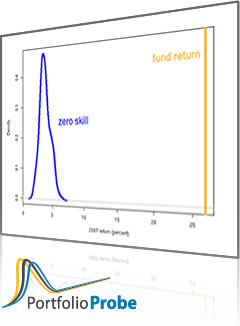There are two types of technology:
- Good (does exactly as wanted, with no hassle)
- Primitive (all the rest)
This classification has been instilled into me by my wife.
The stock market is primitive.
Unbroken history
Current stock markets are not much different than when the New York Stock Exchange was the shade of a buttonwood tree.
Figure 1: Buttonwood tree phase of NYSE (via Wikipedia)
We now have at our command amazing machines. Perhaps there are some machines that can be glued together to produce a better market mechanism.
The hassles
One of the primary tasks of a market is price discovery. I find it hard to believe that this is done efficiently now. Flash crashes seem a counter-example. It isn’t clear that a better market would get rid of excess volatility but it might reduce it some.
Any solutions out there?
I don’t actually know what I’m asking for. I’m just hypothesizing that something better could be made.
The only idea I’ve come up with is the possibility of the market operating on discrete time rather than continuous time. When I searched for that I found this Deus ex Macchiato post on Discrete, discreet trading.
Questions
Surely there are people pondering this. Who are they? What are they thinking?

Here is a link to a project that seems apropos: challenges and opportunities of computer trading.
I think that the market would be fairer with “discrete, discreet trading” (but because of that, it would be opposed by powerful interests, such HFTers). The matching rules could be similar to the stock market opening rules, which actually is a demand-balancing price-discovery process. It should not be pulsed too frequently, but much more often than the “morning-fixing” and “afternoon-fixing” of older markets.
I agree with both these points.
I’ve been thinking that if this happens at all, then it will probably be an emerging market that does it first. Those markets aren’t going to have such engrained high frequency traders. It might then spread to established markets.
What is in my head is a go something like every 5 or 10 minutes.